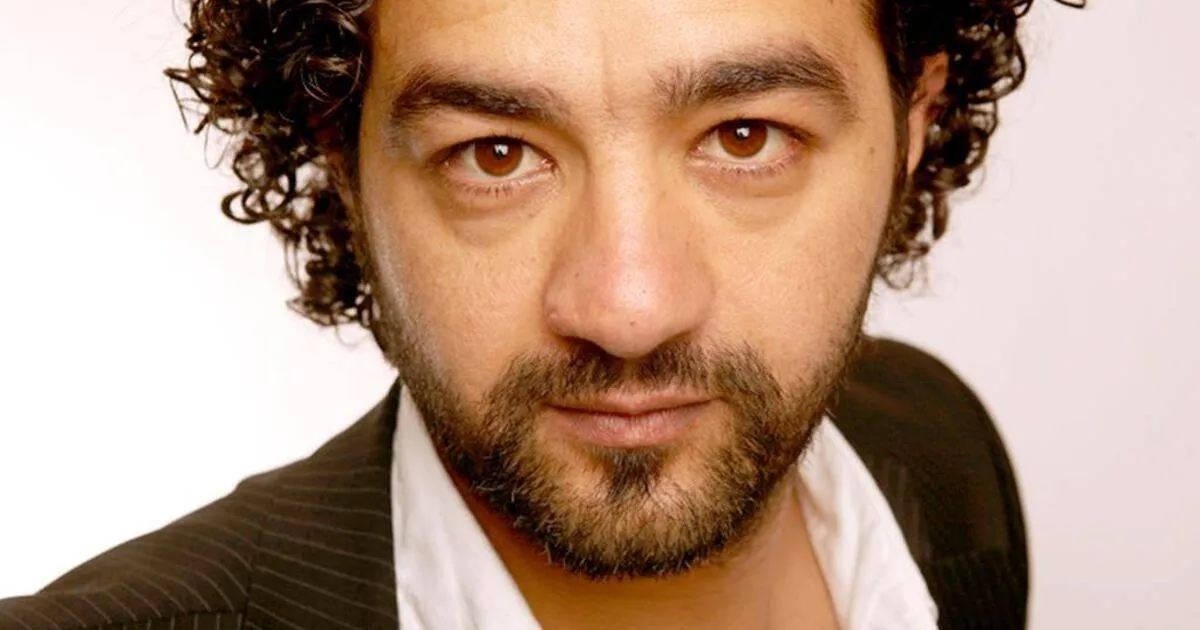Introduction to the Toronto Cinematic Festival
The city of Toronto has been hosting its annual Cinematic Festival since the eighth of this month. This year’s festival is special, marking 50 years of the event’s existence. It’s an occasion for celebration, not just because of the milestone but also due to the festival’s success in attracting a wide array of films from around the world.
The Appeal of the Toronto Festival for Arabic Cinema
The Arabic cinema industry sees the Toronto festival as an important opportunity. Unlike some other festivals, Toronto’s decisions are not strictly based on artistic criteria or the involvement of specific sales dealers. This openness gives Arabic films a significant chance to be showcased broadly within the festival and potentially attract American distributors. The absence of an official competition at the festival also means that all films, including those from Arabic cinema, are free from the pressure of winning or losing, allowing them to be appreciated on their own merit.
Incentives for Arabic Cinema
There are several incentives that make the Toronto festival particularly appealing for Arabic cinema this year. The ongoing conflict in Gaza and neighboring areas has led to a heightened interest in Palestinian films. The festival provides a platform for these films to reach a global audience, coinciding with significant events. One notable film is "Palestine 36" by Mary Ann Jasser, which offers a unique perspective on the roots of the Palestinian problem, set during the time of the British mandate.
Palestinian Films at the Forefront
"Palestine 36" has been acquired by "Waterlone Pictures," a company interested in achieving commercial success, especially with the film being selected to represent Palestine in the next Oscars. Another film, "Voice of Hind Ragab" by Kawthar bin Haniyeh, has also been taken over by "Waterlon" and has already won several awards, including the Silver Assad Award at the "Phenicia" festival. These films, along with "With Hassan in Gaza" by Kamal Jaafari, a documentary that reveals life in Gaza before aggression, are making a significant impact.
A Broader Reach for Arabic Films
The situation is unprecedented, with Palestinian films touching on both historical and current issues, drawing more attention than ever. This increased interest benefits other Arabic films as well, as audiences seek to understand this important part of the world. Films like "Anonymous" by Saudi director Haifa Al-Mansour and "Erkala – Dream of Gelgamish" by Iraqi director Muhammad Al-Darraji are also attracting attention. Al-Darraji’s film is particularly notable, as it explores the difficult stage of the Iraq war through the story of a young child.
The Toronto Festival’s Global Significance
The Toronto festival is more than just a platform for Arabic cinema; it’s one of the most enduring film festivals globally. It has managed to attract films that have been shown at other festivals, giving them a complete and international status. The festival’s ability to stand out without relying on competitions or obstacles makes it a significant event in the film world, offering a future for other festivals to follow. Its fame and standing continue to grow, making it a crucial event for filmmakers and audiences alike.

